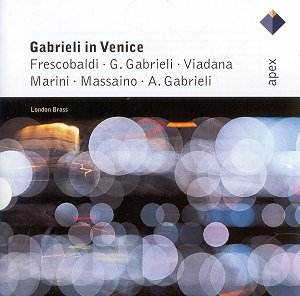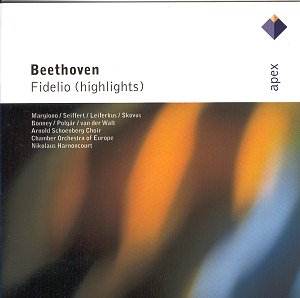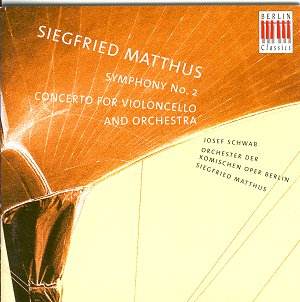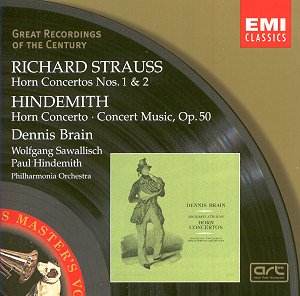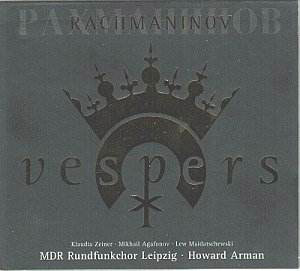 Composer: Sergei Rachmaninov
Composer: Sergei Rachmaninov
Works: Vespers Op. 37 ‘All-Night Vigil’
Performers: Klaudia Zeiner (alto), Mikhail Agafonov (tenor), Lew Maidatschewski (lector), MDR Rundfunkchor Leipzig, Howard Arman (conductor)
Recording: Paul-Gerhardt-Kirche, May 2000
Label: Berlin Classics 0017422BC
Rachmaninov’s Vespers (1915), also known as the All-Night Vigil, stands as a monumental pillar in the realm of Russian sacred music, embodying both the rich tradition of Orthodox liturgy and the composer’s own profound connection to spirituality, even amidst his ambivalence toward the church. Written during a tumultuous period marked by the upheavals of World War I, this work channels the essence of Russian choral tradition while reflecting Rachmaninov’s intimate understanding of vocal textures and harmonies. The Vespers weave a tapestry of solemnity and transcendence, echoing the grandeur of Tchaikovsky while also establishing a unique voice that resonates with the listener’s inner contemplative state.
The performance by the MDR Rundfunkchor Leipzig under Howard Arman is a compelling interpretation that navigates the intricate choral layers with both sensitivity and strength. The choir’s sound is characterized by a rich, Slavic darkness that Rachmaninov himself cherished; indeed, the basses deliver a commanding depth that is crucial for the work’s success. In the Nunc Dimittis (No. 5), where the basses plunge to a low B flat, the foundation of the choir is robust and sonorous, resonating with the sacred reverberations that define the piece. Arman’s direction ensures that the ensemble achieves a balance of clarity and weight, allowing the intricate counterpoint to unfold without muddiness—a feat that some recordings struggle to achieve.
The inclusion of Lew Maidatschewski as lector adds a profound dimension to this recording, as his dark, resonant voice intersperses chant-like readings that enhance the liturgical atmosphere. This aspect is often overlooked in other recordings, yet it serves to deepen the listener’s experience, providing a bridge between the choral sections and the spoken word, reminiscent of Anglican chant practices. The reading’s placement within the structure of the Vespers creates a seamless flow that feels both natural and essential, elevating the performance beyond mere choral execution to a holistic spiritual experience.
While Klaudia Zeiner’s alto voice possesses a commendable Russian timbre, her operatic tendencies occasionally edge towards theatricality, which might not align perfectly with the work’s ethereal quality. Mikhail Agafonov’s tenor, though possessing moments of lyrical beauty, does suffer from pitch inconsistencies at times, a minor blemish in what is otherwise a compelling vocal interpretation. Nonetheless, both soloists contribute a necessary authenticity to the performance that aligns with Rachmaninov’s vision.
The recording quality is exemplary, capturing the choir’s expansive sound in the resonant acoustics of the Paul-Gerhardt-Kirche. The engineering strikes an ideal balance—ample reverberation enhances the music’s ethereal qualities without veering into the overly “cloudy” territory that can plague some choral recordings. This clarity allows individual voices to shine through while maintaining a cohesive choral blend, particularly in climactic moments such as No. 10, “The Veneration of the Cross,” where the chant-like texture evokes the tolling of bells, creating an awe-inspiring soundscape.
This recording of Rachmaninov’s Vespers stands out not only for its compelling interpretation and vocal execution but also for its thoughtful inclusion of liturgical elements and superior sound quality. The Leipzig Rundfunkchor, under Howard Arman’s astute direction, offers a performance that is both faithful to the Russian choral tradition and artistically rich, making it a prominent contender in the discography of this seminal work. It is highly recommended for anyone seeking an authentic and profound encounter with Rachmaninov’s sacred music.
